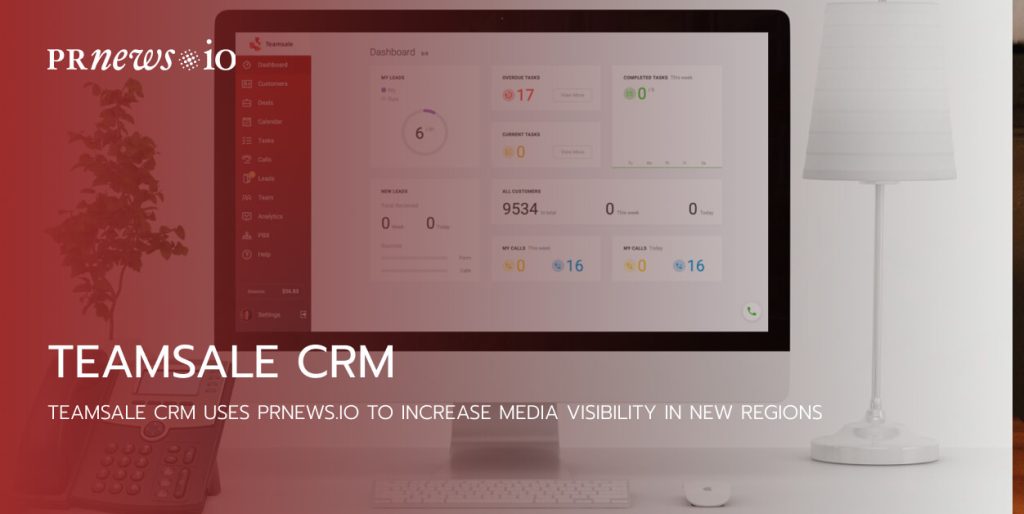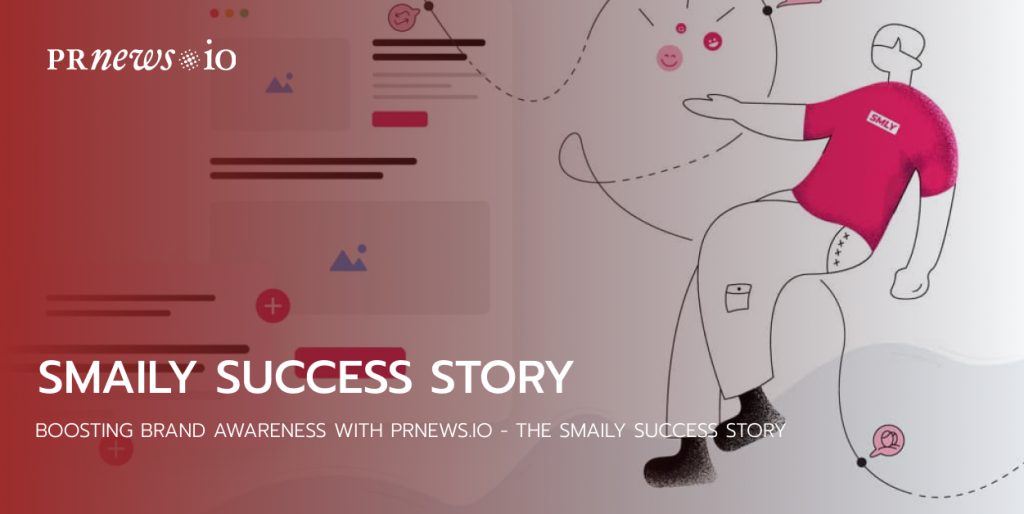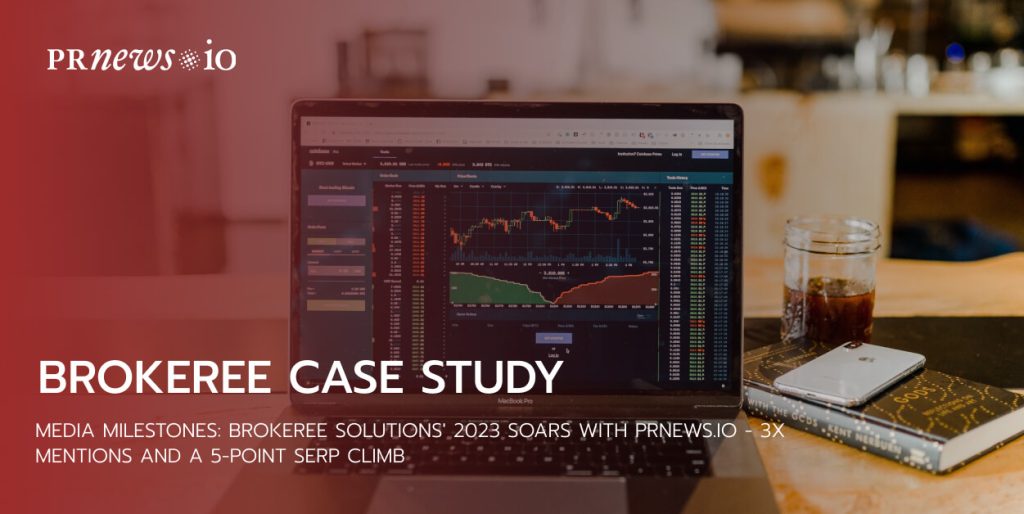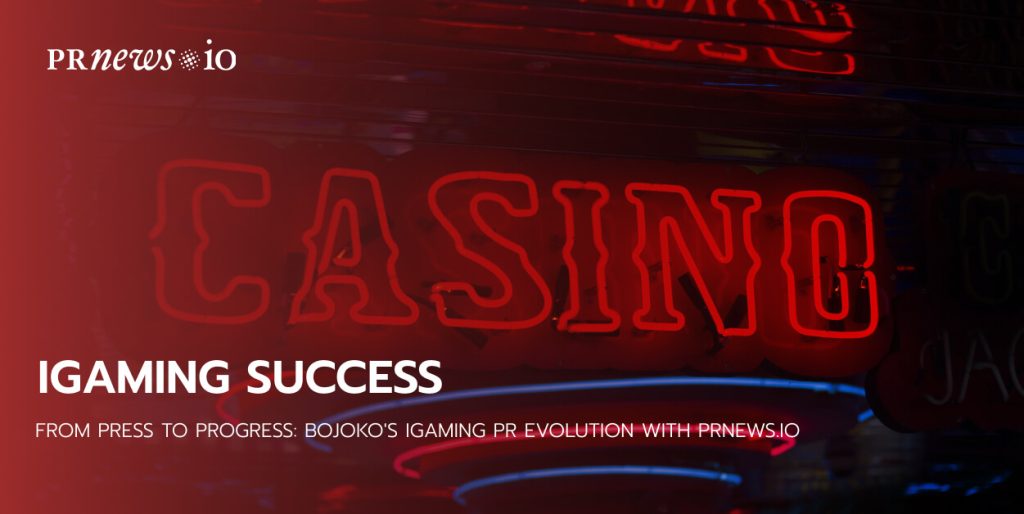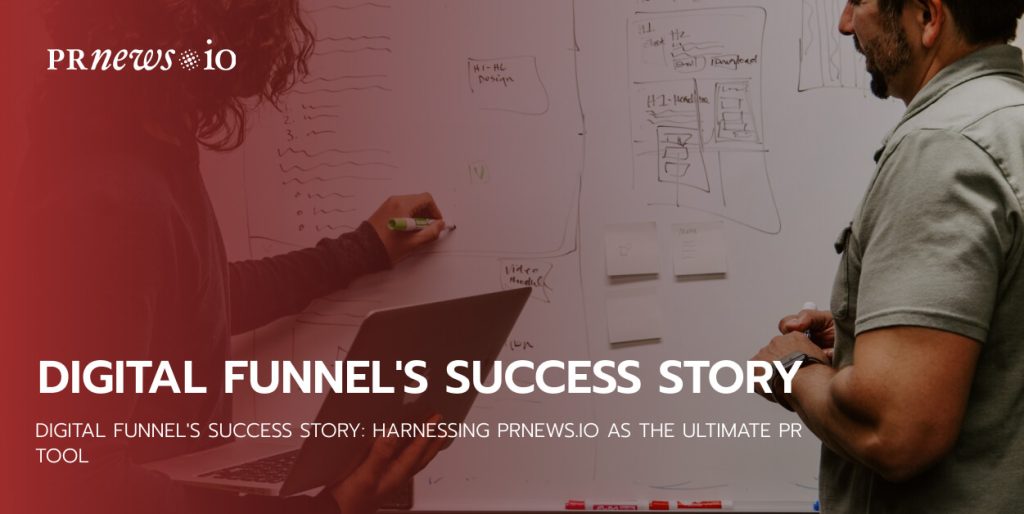Welcome to the captivating world of HER PR JOURNEY, where we shine a spotlight on the extraordinary women shaping the dynamic landscape of public relations. Get ready to be inspired by the stories of resilience, innovation, and empowerment that define these women’s journeys.
Corporate Communication Landscape with Fabiola Pessoa
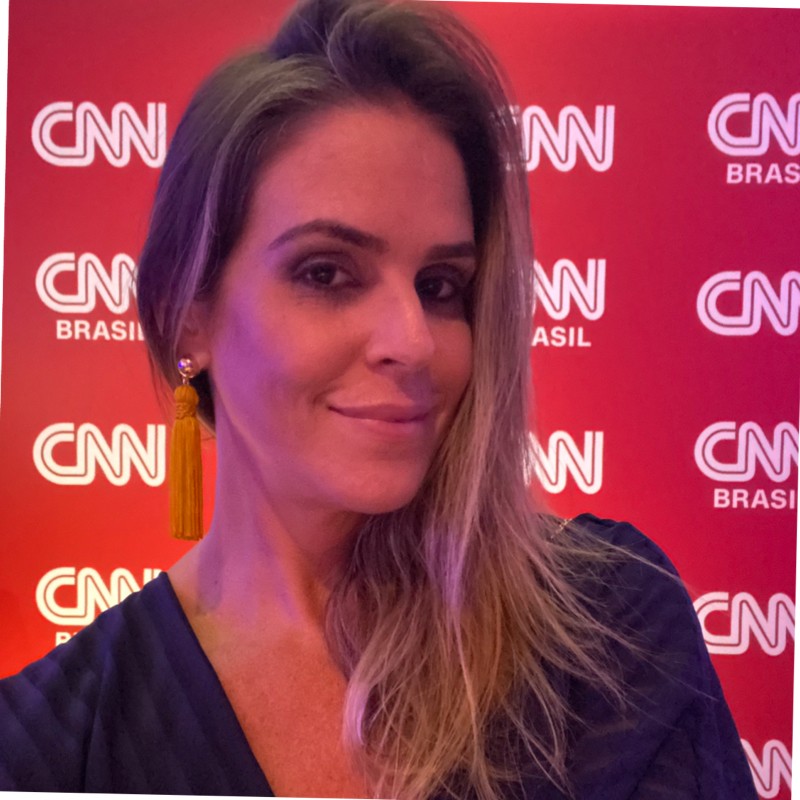
Embarking on a two-decade journey through the ever-evolving realms of public relations, crisis management, and corporate communication, Fabiola Pessoa stands as a seasoned strategist, unraveling the intricacies of an industry that has transitioned from being the ‘poor cousin’ to a vital cornerstone in the strategic architecture of businesses.
In this exclusive interview, we delve into the depths of Fabiola’s extensive experience, exploring key milestones and lessons learned along the way. From shaping communication plans to tackling crises and advocating for women in the PR industry, Fabiola shares her insights on the evolving landscape of public relations, especially in the age of digital media and social platforms.
Mastering the Art of PR
PRNEWS.IO: Can you share insights into your journey in the field of public relations and crisis management over the past 20 years, highlighting key milestones and experiences?
Fabiola Pessoa: Communication is a highly delicate and crucial field for a company, and only now is the corporate world realizing its importance, positioning Communication alongside other strategic sectors for businesses, such as legal and financial, for instance. Until recently, PR was seen as the ‘poor cousin’ of Communication, lagging behind other sectors like Journalism and Advertising. Company communication, not too long ago, was perfunctory—building a website here or there, poorly maintaining social networks, and only responding to occasional press inquiries. Now, it’s entirely different.
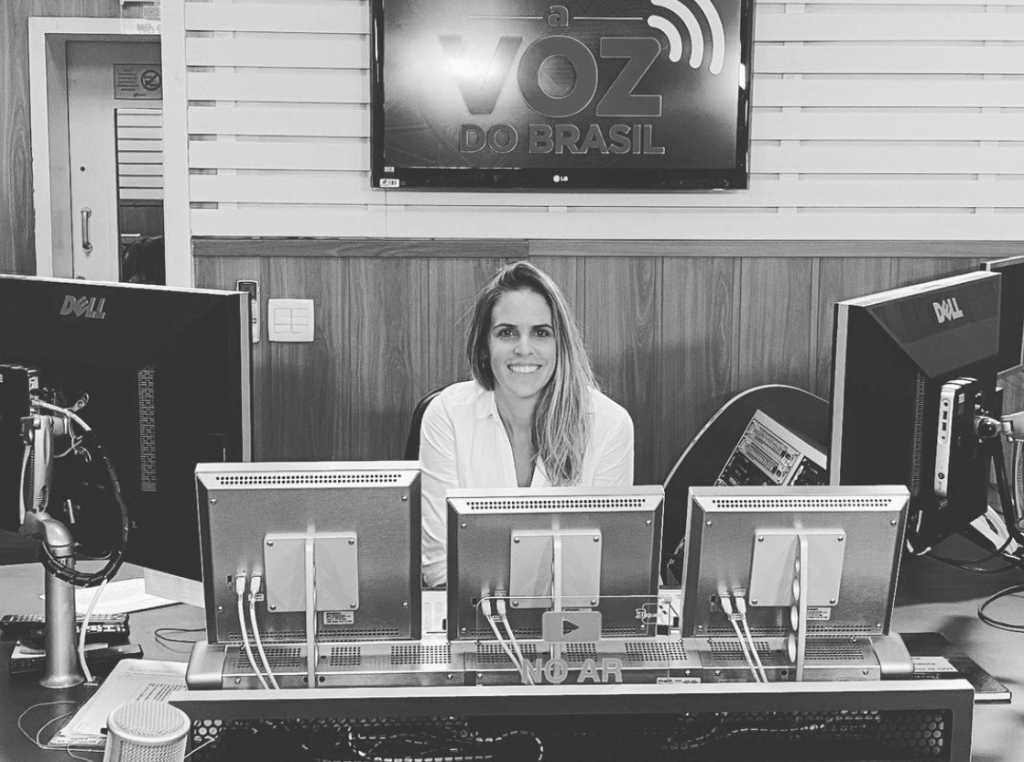
Today, in the era of globalized communication, companies no longer work solely for themselves; they owe accountability to the world—ESG is proof of that. People demand stances. And this accountability needs to come in the form of communication to stakeholders and society like never before. I’ve witnessed this increasingly firsthand: a company without communication jeopardizes its image and reputation. A company without a good reputation doesn’t profit. I’d say we’re in the age of Corporate Communication.
PRNEWS.IO: With your background in corporate communication, PR, and crisis management, how do you approach the development of communication plans, considering factors like scoping, planning, implementation, testing, and reporting?
Fabiola Pessoa: To chart any plan, you need a goal.
So, we shape the Communication plan according to the client’s short, medium, and long-term objectives. What does your business need?
- Increased sales?
- Enhanced engagement?
- Recognition among stakeholders?
- Showcasing your ESG initiatives to investors?
- Influencing policymakers to drive legislation in your sector?
That’s what we aim for during briefings, crafting action plans aligned with the client’s goals. And nothing is set in stone. Since Communication isn’t an exact science, we continuously analyze KPIs and metrics throughout plan implementation and can change direction if we don’t achieve the desired outcomes. Yet, a professional’s experience and expertise significantly reduce the chances of heading down the wrong path.
PRNEWS.IO: As a woman in the PR industry, have you faced unique challenges or opportunities, and how do you navigate them in your role as a Senior Strategic Consultant?
Fabiola Pessoa: The world is undergoing significant transformation regarding the inclusion and value of women in the workforce. Yet, there’s still a long road ahead. Women who stand out often face stigma and prejudice. It seems that the words ‘woman’ and ‘competence’ aren’t readily accepted together in many sectors, especially the more traditional ones. I know many women who are constantly questioned about why they hold prominent positions.
Early in my career, when I hosted a TV program, there were attempts to tell me what I should ask the interviewees. People who had no idea about my work believed I was just a pretty face without a brain. ‘Tell that girl journalist to ask this and that.’ I never accepted that. ‘I can do better, I won’t be a robot following orders from those less competent than me,’ I’d say. This drove me to gain expertise and reach where I am: not allowing anyone to undermine you without knowing your true potential.
I can do better, I won’t be a robot following orders from those less competent than me
Fabiola Pessoa
In PR, we naturally handle people’s egos: we have the power to place a CEO or a mere department head on a newspaper cover, and for a man who hasn’t deconstructed societal norms, that can be quite challenging. The path for women is always longer. Today, I see more open spaces, but there’s still much ground to cover. We, as women, need to unite against this, seize current opportunities, and show what we’re capable of.
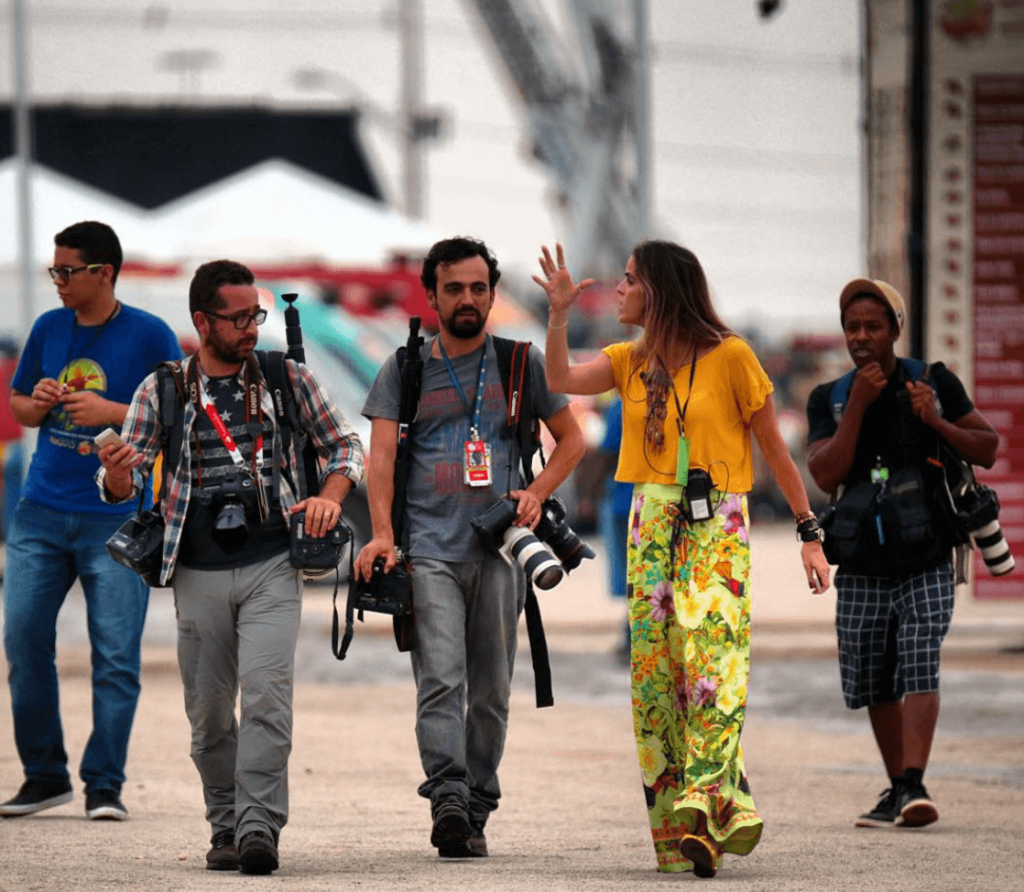
Fabiola Pessoa’s comment about the photo above: “A wonderful behind-the-scenes shot from 2015, captured by a New York Times photographer while I was giving a ‘talking-to’ to this team of Reuters (Ueslei Marcelino) and France Press (Fernando Bizerra) pros during the World Indigenous Games in Palmas. Me, as the UN Communication Head. Them, bending the event rules and breaking free from the allowed perimeter to capture shots of the indigenous people (every great photo demands daring, and I absolutely love that!).
But then, the indigenous organization radioed me, complaining and threatening to ban the press if they continued. I had to traverse an arena under a scorching 60-degree sun to rein in the escapees. It might seem like a reprimand, but it was all about partnership. “Press, help me help you!” Haha!
I adore this photo and the sentimental reminder it brings from this beautiful event, one I helped build from the start in Brasília (the classic ‘let’s salute the manioc’) to my months in Palmas managing all the Communication and international press.
There’s no event without a photo!”
PRNEWS.IO: In your role as Communications Manager at the National Mining Agency, can you discuss your experience in handling the communication aspects during the Brumadinho dam collapse crisis?
Fabiola Pessoa: In my role as Communications Manager at the National Mining Agency, the Brumadinho incident stands out as one of the most pivotal experiences in my career. The entire world wanted to understand the true cause behind the dam collapse, whether other dams were at risk, and if more lives were in danger, all while our team at the National Mining Agency (the regulatory body of the Brazilian Federal Government) faced the pressure and reaction of the press. What people don’t realize in moments of crisis is that without information, the media becomes speculative. Society demands answers from journalists, and it’s the media’s role to believe— and publish — everything they hear or see. If you’re not the source of your own information, others will be. That’s when misinformation spreads.
What people don’t realize in moments of crisis is that without information, the media becomes speculative.
Fabiola Pessoa
When I started my role at the National Mining Agency, there were thousands of unanswered emails and phones left off the hook to avoid calls. Employees were fearful, not out of malice, but due to a lack of understanding of how the press operates, especially during a catastrophe like this, which can be overwhelming and intimidating for unprepared individuals. I had to work internally and externally to raise awareness. When we opened up information, through press conferences, we managed to navigate the internal crisis within the agency and showcase that the press is our ally, not our adversary, as they initially thought. When this connection happens, both the media and society feel satisfied with information.
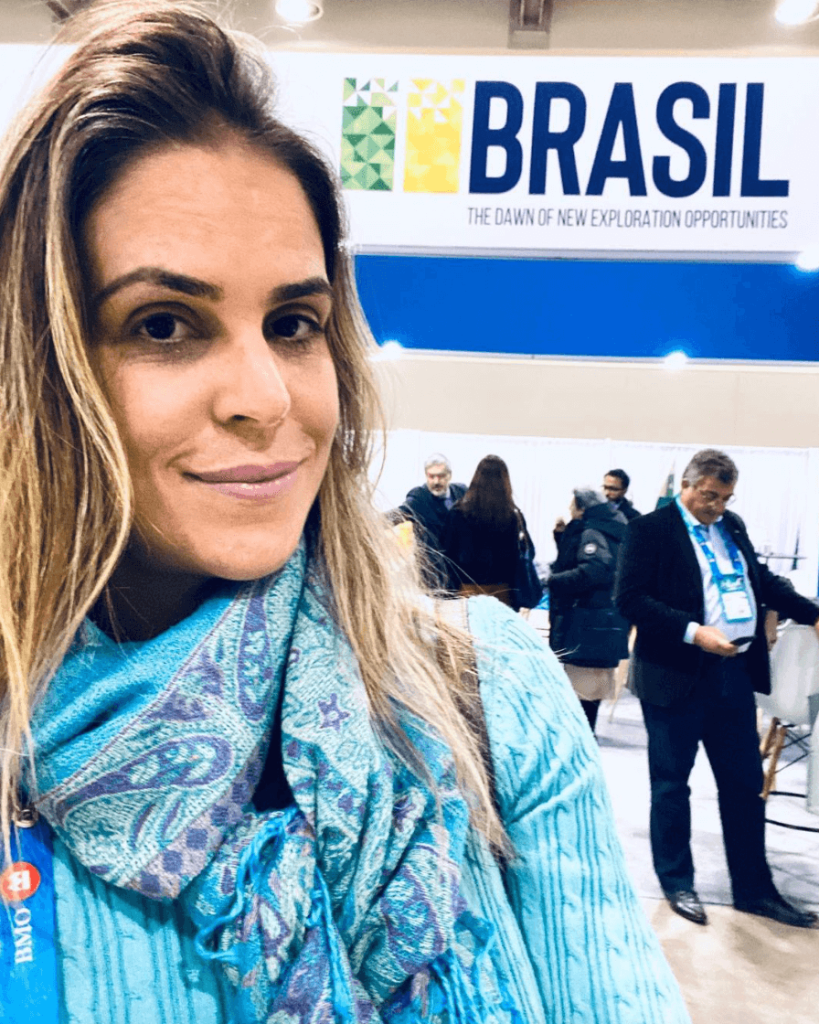
PRNEWS.IO: With your expertise in media relations, how do you develop and execute effective media engagement strategies, and what role do advocacy, digital communications, and branding play in your approach?
Fabiola Pessoa: Before taking our stance to the public, it’s crucial to look internally first. Are we prepared to be seen by our audience? How does our brand and visual identity stand? Do they align with the image we aim to convey? And our communication toolkit? Do we have a plan, Q&A, well-prepared and aligned spokespersons? This is where our digital and branding (or rebranding) efforts come into play if necessary. Once we’re set, we can be visible to all.
PR’s greatest ally is its contact network. It takes you to unimaginable places. Rest assured, each phone number in a professional’s contacts took years to accumulate. Once we have the client’s Communication and action plan, with objectives and goals defined, we utilize this network to connect the client with individuals we deem strategic for their business. A meeting with an influential journalist or a politician might not yield immediate action, but it’s the start of a relationship that could help achieve our business objectives in the future. And so, the strategic plan is put into action.
PRNEWS.IO: Can you share your perspective on the intersection of crisis management and digital communication, especially in the context of your role as a Director of the biggest Latin American PR agency?
Fabiola Pessoa: Nowadays, the digital realm is the worst way a crisis can spread. When the crisis is still within the realm of the press, being probed by reporters, I often say it’s relatively manageable. We have means to present our narrative to journalists and try to contain or mitigate what will be written — or at least present our version. But when it directly hits social media, published by users themselves, it’s a different story. We’re dealing directly with public opinion, which has no time and only reads as far as a post’s headline. We’re left with limited space for a qualified response, and the Communication team needs to be razor-sharp to navigate the episode without harming the company’s reputation.
The secret to preventing or containing a crisis is to arrive before it does.
The secret to preventing or containing a crisis is to arrive before it does. Anticipating business gaps, having a crisis plan, monitoring the digital world — these prepare us to be armed and ready when it happens. In the digital sphere, absolutely every business is susceptible to crises. From a restaurant where a customer found a hair and posted a photo to errors made by employees in their private lives, such as instances of racism. They commit the offense, someone films it, and suddenly your company’s name is involved in such news. The intersection between crisis management and the digital world lies in preparation and the constant monitoring of all digital channels.
PRNEWS.IO: Having worked with diverse sectors such as health, energy, fertilizer, oil and gas, law, NGO, education, and food and beverage, how do you tailor communication plans to suit the specific needs and challenges of each industry?
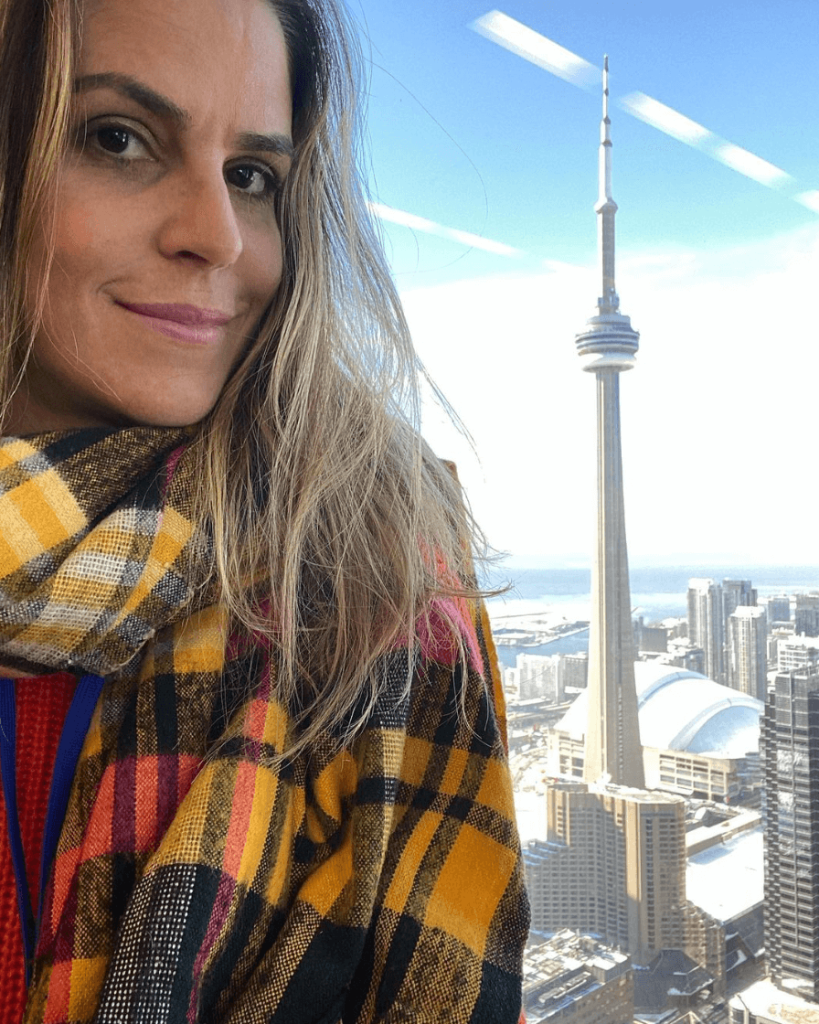
Fabiola Pessoa: We always need to listen to the client’s challenges and understand where they need to go, regardless of the industry. Usually, business objectives are quite similar, and fundamentally, communication challenges tend to be alike. Of course, each sector has its unique aspects and crucial information we can work with, but when it comes to Communication, the tactics are essentially the same. Working across various sectors further solidifies our expertise in communication, or lack thereof, within companies.
PRNEWS.IO: How do you see the evolving landscape of public relations, especially with the increasing importance of digital media and social platforms? How has this impacted your approach to communication strategies?
Fabiola Pessoa: Digital media has provided a stage for companies. Nowadays, we’re no longer solely reliant on newspapers. Companies have their own communication channels, their pages on social networks. In the past, we relied solely on traditional media outlets (newspapers, magazines, radio, and TV) to disseminate our narrative. Now, we can blend journalism and advertising on social platforms, creating a buzz and funneling our target audience. This is an incredibly powerful strategy that begins when we work to make the company’s pages a place of access and trust for stakeholders. Today, traditional media outlets are the icing on the cake. We need to strategically be present everywhere that matters to us and will lead us to our Communication objectives.
PRNEWS.IO: Could you provide advice or insights for individuals aspiring to enter the PR industry, especially women who may be considering a career in this field?
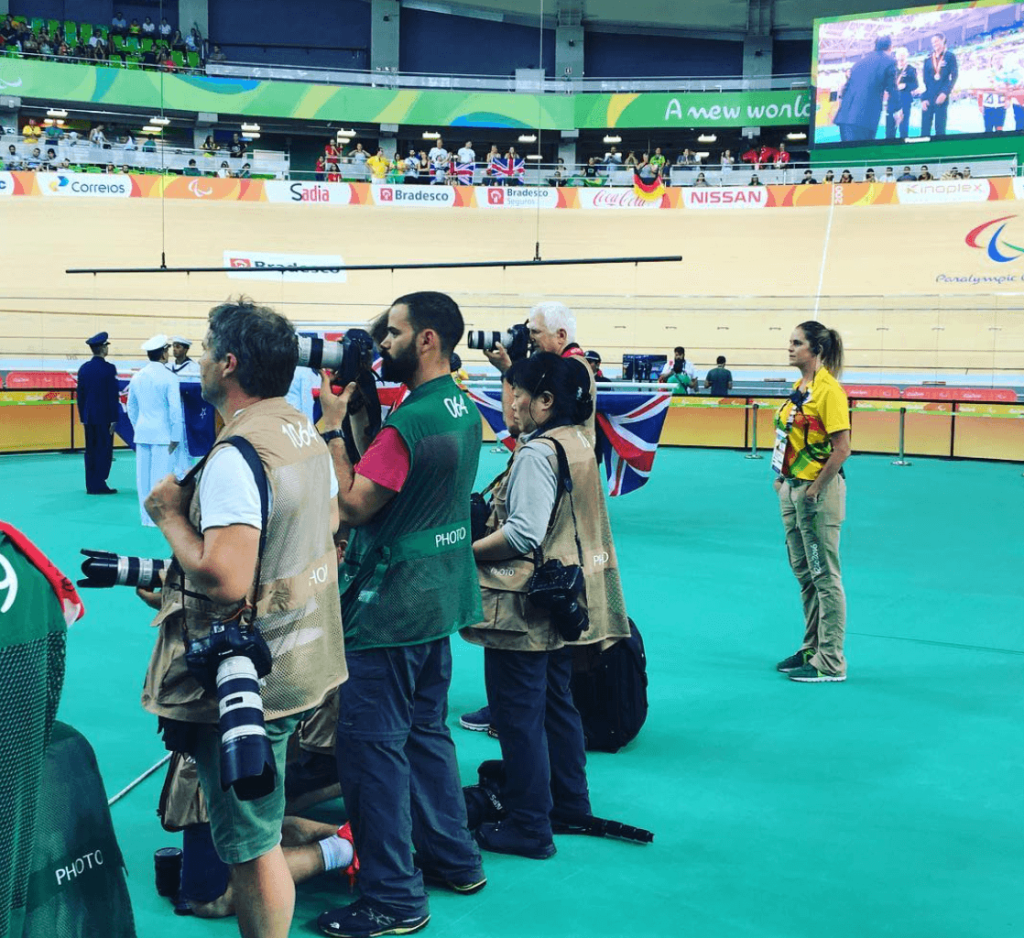
Fabiola Pessoa: A professional working in Communication for a company, a sector, or a government needs to be well-rounded. Corporate Communication is what it is today because it was built by professionals who traversed all spectrums of Communication throughout their careers: journalism, advertising, design, social media, events, PR. They’re there because they have experiences to leverage the business’s image, with a comprehensive view. No one taught them in universities. The top professionals in today’s market had to learn Corporate Communication by making it happen.
At the same time that this professional needs to be hyper-aware of innovations and how humans are consuming information (and real-time behavioral changes), they also need experience and years in the field. Knowledge is learned from books; wisdom from life. A young person starting their career might understand new technologies well and be highly tuned into social media and new communication methods, but they’ll need experience to handle a corporate crisis in the press, for example, which demands insight to contain it. On the other hand, an experienced journalist with decades in the field, if not up-to-date with innovations and new communication methods, might struggle to find ways to contain a crisis.
So, my biggest advice is: go through all areas of Communication. Have a grasp of graphic design, branding, advertising, media, organize events, understand everything that Communication encompasses. But, most importantly, pay attention to the experience of the older generation. It’s their tricks that will give you the final expertise. With this formula, you’ll go far!
Is your business in need of a PR makeover?
- Benefit from media coverage assistance.
- Witness a refined branding approach.
- Watch as your recognition soars.

